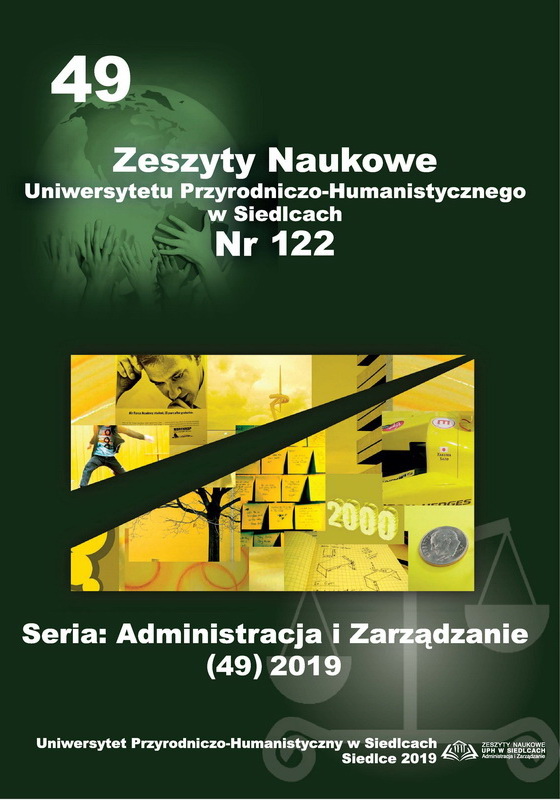KNOWLEDGE TRANSFER VERSUS GOOD SOCIETY OF THE SECOND LA BELLE EPOQUE
DOI:
https://doi.org/10.34739/zn.2019.49.02Słowa kluczowe:
knowledge transfer, employee diversity, knowledge agents, researchesAbstrakt
Currently, we are witnessing the second la belle epoque characterised by huge economic and social inequalities. Striving for a good state of society aims to reduce the inequalities conditioned by access to knowledge. One of the methods to reach this goal can consist of the conscious shaping of knowledge transfer between particular groups of knowledge agents. representing diverse, often overlapping, social and organisational categories. The purpose of this study is to check what sub-processes of knowledge transfer are implemented in specific groups of knowledge agents and what their context is from the perspective of the tools used, the main principles and the standards of behaviour. The main research hypothesis is that the course of knowledge transfer process depends on the fact of which groups of knowledge agents it concerns. Using the method of critical analysis and surveys supported by in-depth interviews, it was determined that knowledge sharing is the domain of professionals and the intergenerational dimension of knowledge transfer. Knowledge acquisition is most often carried out at the level of specialists' relations with other employees and at the intergenerational level. Knowledge sharing is a domain of specialists, and usually takes place during their contacts with other employees, while knowledge dissemination is the prime sub-process of the hierarchical dimension of knowledge transfer.





